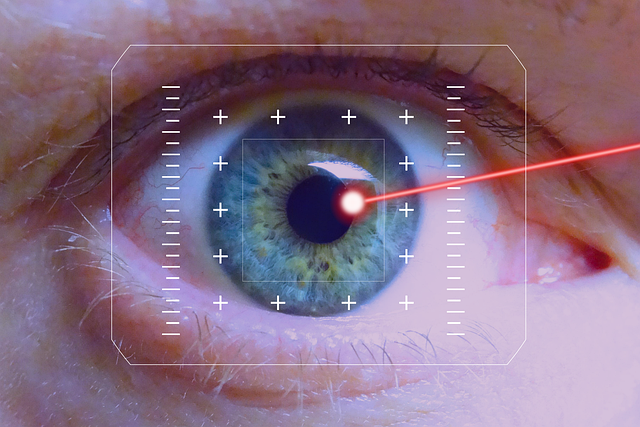Exploring the Phenomenology of Correction: The Intersection of Science and Modern Philosophy
In our daily lives, the concept of correction weaves itself through our experiences and interactions. Whether it emerges in the subtle feedback offered by a mentor or the rigorous data analysis of a scientist, the act of correcting serves as a bridge connecting our subjective understanding with objective realities. In exploring this phenomenon, one finds a rich tapestry that intertwines both science and modern philosophy.
The Nature of Correction in Science
In the realms of science, correction is an essential mechanism for growth and advancement. Scientists operate within a framework that thrives on hypothesis, experimentation, and ultimately, refinement. When data does not align with expectations, the scientific method calls for a rigorous process of correction, whether that be adjusting an experiment, re-evaluating a hypothesis, or even accepting a paradigm shift altogether. This iterative process not only hones the accuracy of scientific inquiry but also reflects a profound commitment to truth.
Take, for instance, the advent of modern technology and the rapid evolution of scientific disciplines. With each new discovery, the need for correction arises, prompting scientists to reevaluate long-held beliefs. Such moments are not merely setbacks but opportunities for deeper understanding, resonating with the phenomenological perspective that experiences shape our consciousness.
Modern Philosophy and the Concept of Correction
Meanwhile, modern philosophy presents its own layers of meaning regarding correction. Philosophers have long grappled with the nature of truth, knowledge, and the human experience. In light of existentialism and phenomenology, correction becomes not just a matter of logical adjustment but an existential necessity. It involves confronting our biases, imperfections, and the often uncomfortable truths about ourselves and society.
Phenomenologists emphasize understanding how our perceptions mold our realities. Thus, the act of correction in philosophy is deeply self-reflective; it invites us to consider how our ideas of right and wrong, and good and bad, influence our lived experiences. This subjective journey towards clarity teaches us that correction is not merely an imposition from external authorities but a collaborative dialogue between self and world.
The Intersection of Science and Philosophy
The rich intersection of science and modern philosophy reveals that correction is a dynamic process that encompasses both empirical investigation and introspection. Scientists, guided by rational inquiry, rely on empirical evidence while philosophers urge us to question the deeper implications of our understandings. Together, they create a pathway toward holistic knowledge that respects both the mathematical precision of scientific inquiry and the nuanced complexities of human existence.
As we navigate this landscape, we find ourselves not as passive recipients of correction but as active participants in a broader conversation about what it means to learn, grow, and ultimately, understand. Each correction is a step toward greater awareness, encouraging us to embrace the transformative power of our experiences.




